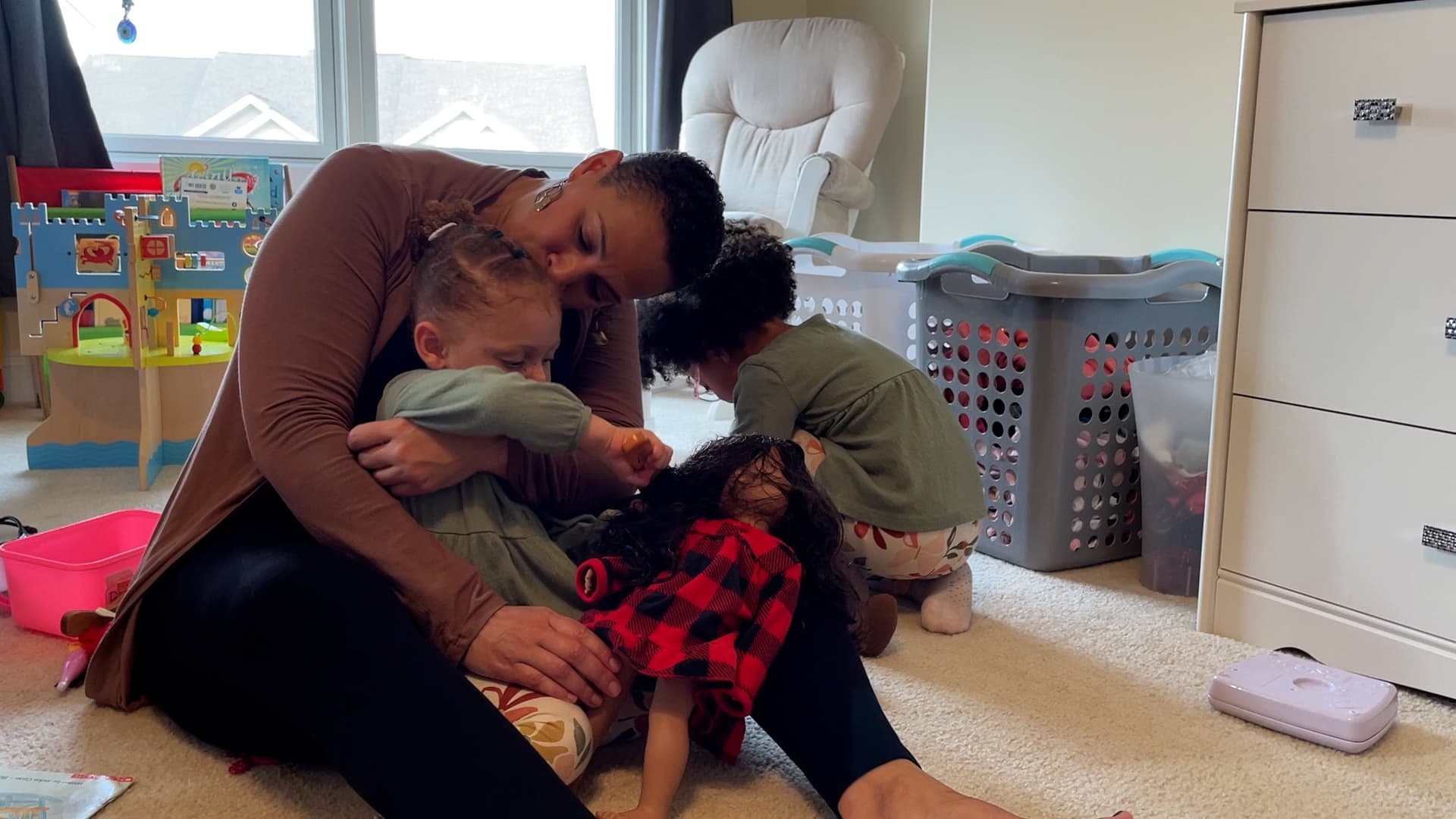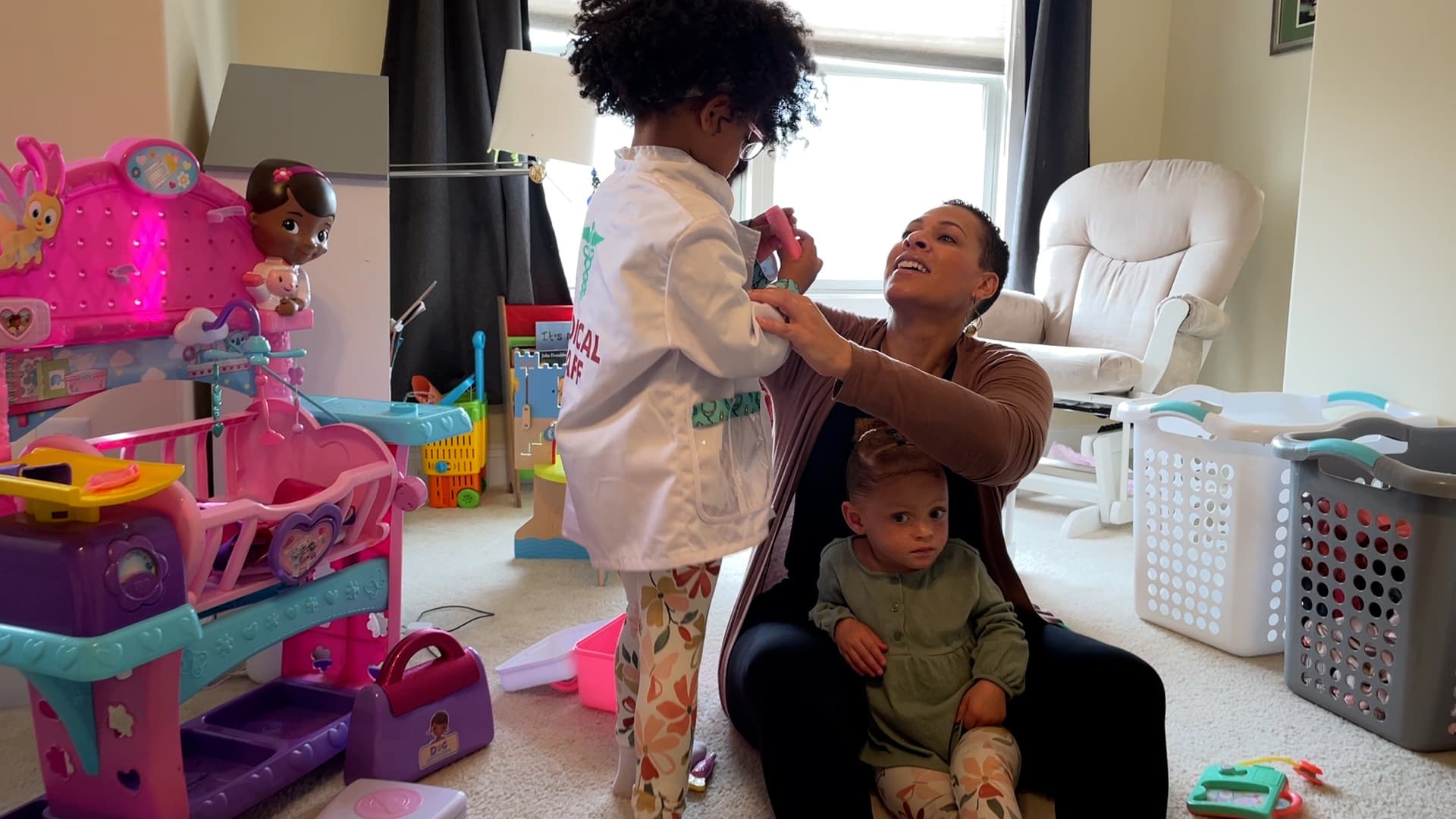
Why Flu Season Is So Bad This Year
If it seems like everyone around you is getting sick, you're not imagining it. The flu season is hitting the United States unusually early and much harder than it usually does.
"I'm scared about what's going to happen this flu season because I don't think we've ever seen a coalition of multiple viruses kind of manifesting in this way before," said Dr. Elizabeth Clayborne, an emergency medicine doctor and associate professor at the University of Maryland School of Medicine.

Covid precautions did lead to lower rates of flu-like illnesses compared to normal, pre-pandemic times. But now that much of America has abandoned preventive measures such as masking, more people are getting sick with seasonal illnesses.
Get Tri-state area news delivered to your inbox. Sign up for NBC New York's News Headlines newsletter.
"All of the patterns of intermingling and transmission of different viruses really slowed down from that shutdown," said Dr. Andrea Berry, associate professor of pediatrics and medicine at University of Maryland School of Medicine. "As the world has opened up, the usual patterns are not quite the same."
One of those flu-like illnesses is respiratory syncytial virus, or RSV, which is most severe in young children, the elderly and immune-compromised individuals.
There have been more reported cases of RSV in each week of October this year than any other week in the past two years, and doctors around the country are raising the alarm about hospitals being overwhelmed this season.
Money Report
Just like RSV, cases of flu started surging earlier this year, with the Centers for Disease Control and Prevention reporting at least 1,600,000 cases, 13,000 hospitalizations and 730 deaths as of Oct. 29, which is high for this early in a typical flu season.
Clayborne's 2-year-old and 4-year-old children both had RSV in late September, and her older daughter had to be taken to the emergency room for treatment.

"I know that [the flu and RSV are] common and it seems like a lot of kids get them," Clayborne said. "But we see kids die all the time, and usually it's from respiratory complications."
There is currently no federally approved vaccine for treating RSV, but Pfizer reported in early November that its RSV vaccine candidate in its phase 3 trial, which was given to mothers during pregnancy, was nearly 70% effective at protecting severe symptoms in infants less than 6 months old.
Watch the video above to learn more about why this flu season is starting off with a surge and what we can do about it.






